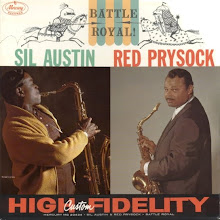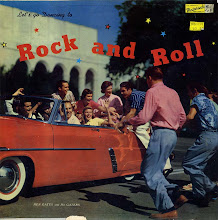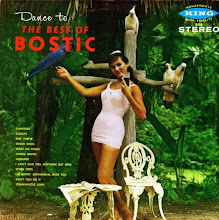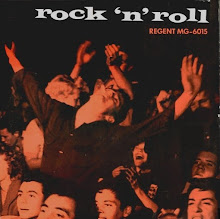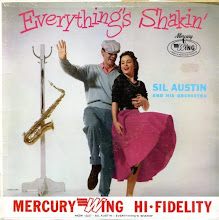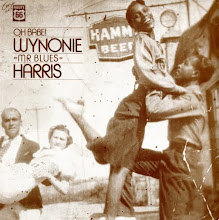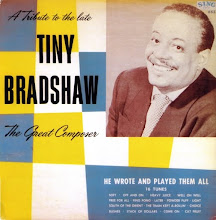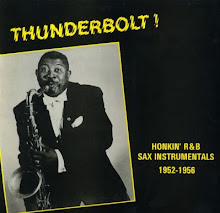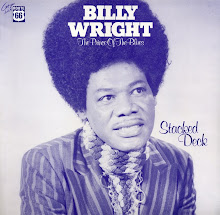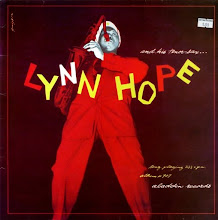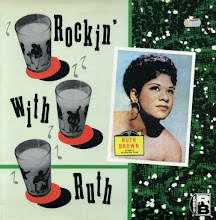 |
| William Gottlieb Collection - Library of Congress |
Recorded in New York City on June 14th, 1944. Personnel: Hot Lips Page (trumpet, vocals); Floyd "Horsecollar" Williams (alto saxophone); Don Byas, George Johnson (tenor saxophones); Clyde Hart (piano;) John Simmons (bass); Sidney Catlett (drums)
A great jazz trumpeter and blues singer, Oran "Hot Lips" Page was born in Dallas, Texas in 1908. As a young man he was part of classic blues singer Ma Rainey's backing band. In the late 1920s - mid 1930s he was in the Kansas City band scene, playing with Walter Page's Blue Devils, Bennie Moten and Count Basie. He left the Basie outfit before it broke big, for a solo career which somehow never fulfilled its potential. Although he spent some time with the Artie Shaw big band, Hot Lips' forte was working with small groups in the New York jazz scene and taking part in after hours jam sessions at venues like Minton's Playhouse.
Savoy Records, founded in 1942, recorded many artists who featured in the small bands which were part of the NYC jazz club scene. An advert in Billboard from the 4th November 1944 lists releases on Savoy by Pete Brown, Tiny Grimes, Don Byas, Ben Webster, Cozy Cole, Johnny Guarnieri and Miss Rhapsody. On the same page, the "Harlem Hit Parade" was topped by "Gee Baby Ain't I Good To You" by the King Cole Trio, with other notable discs being "Hamp's Boogie Woogie" by Lionel Hampton, "Cherry Red Blues" and "Is You Is Or Is You Ain't My Baby" by Cootie Williams, "I Wonder" by Cecil Gant, and "No One Else Will Do" by The Five Red Caps. Small independent labels occupied 6 of the 10 positions, having taken advantage of the major labels losing ground due to a musicians' strike which started in 1942 but rumbled on into 1944 with majors RCA and Columbia holding out to the last.
Hot Lips Page's background of Kansas City jazz, small group Harlem jump and blues shouting meant that most of his subsequent recordings were in the R&B field although he did make several tours to Europe as a jazz musician. His career ended prematurely in 1954 with his early death due to the hard work and hard living commensurate with the life of a jazz musician.











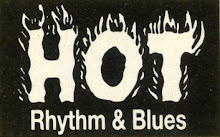
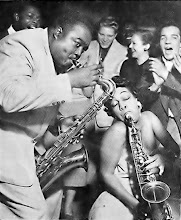






.jpg)
%2045%20-%20508A.png)
















